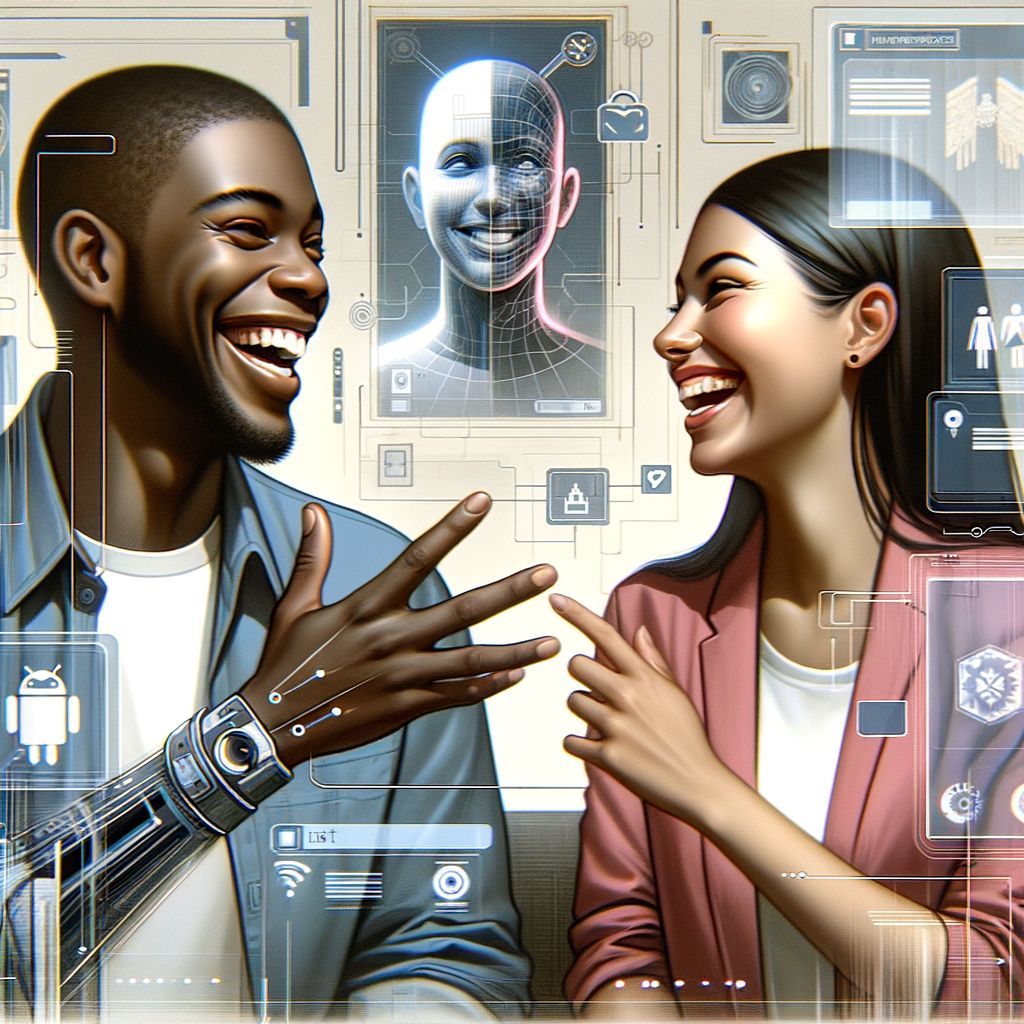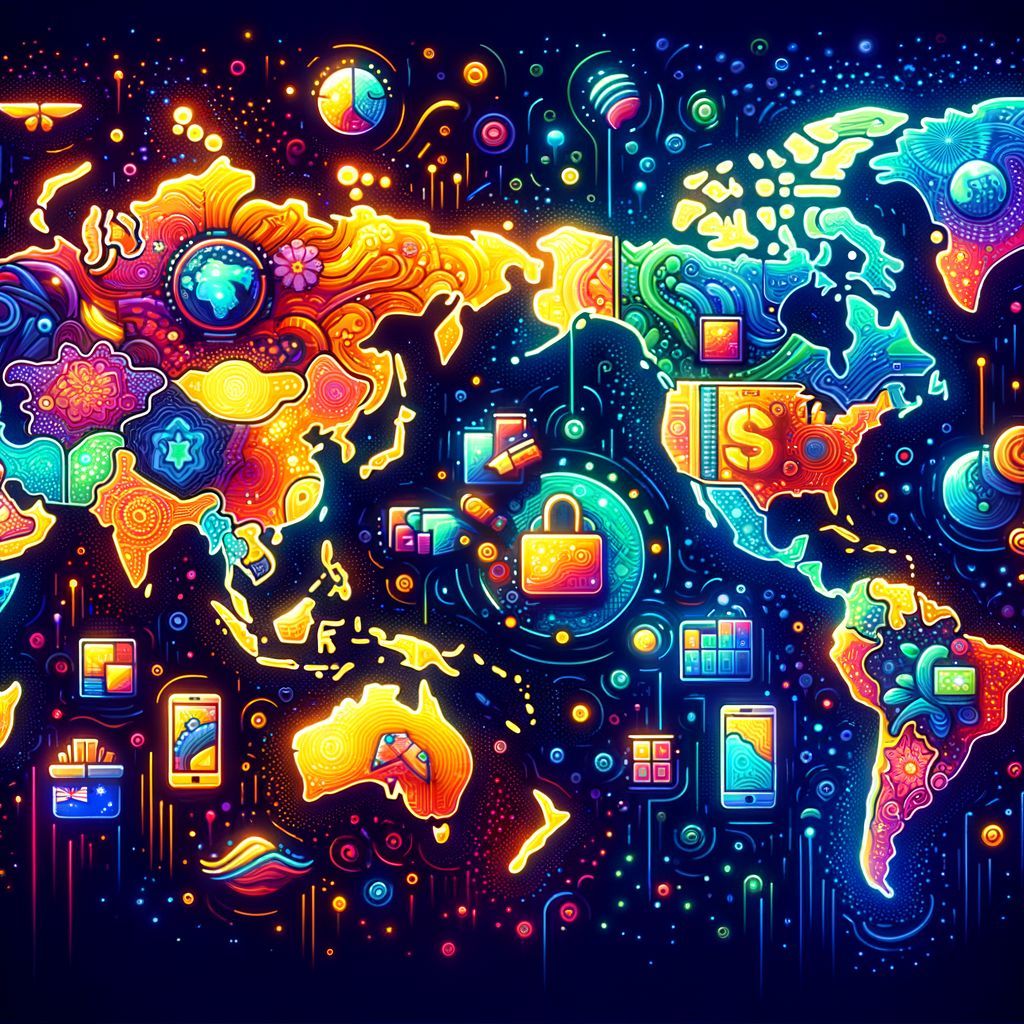

Image by DALL·E Pic: Midjourney
Editors' Note: Many Fast News images are stylised illustrations generated by Dall-E. Photorealism is not intended. View as early and evolving AI art!

AI alters smiles,
Influence felt in love's game,
Ethics in question.

AI facial filters: A new player in the game of love?
Researchers from the University of Glasgow have discovered that artificial intelligence (AI) facial filters can influence who we find attractive. The study, the first of its kind, used AI to create real-time face transformations to investigate the social signals that influence the beginnings of romantic attraction.
The researchers found that using AI to digitally alter smiles during conversations can influence the assumptions individuals make about each other's social intentions, impacting their own actions and even romantic feelings. The study involved volunteers participating in video-conference speed-dating sessions, during which the researchers used AI face transformations to align or misalign the smiles of participants.
The researchers found that aligning the smiles of participants enhanced the romantic attraction they felt towards each other, even if participants were not seeing their own face being transformed. The AI-based smiles also impacted participants' reactions, including their vocal behaviour and their desire to mirror each other's facial expressions. Participants also believed the other person was more attracted to them when the researchers increased the smiles seen in their dating partner.
"This study highlights the potential impact that face transformation filters, when meticulously calibrated, can have on interpersonal communication. From a scientific perspective, it enables us to uncover the social parameters that can modulate the emergence of attraction between two potential romantic partners, and more generally, enable us to study how precise social factors influence how individuals interact with one-another," said Dr Pablo Arias-Sarah, lead author of the study from the University of Glasgow's School of Psychology & Neuroscience.
The study raises scientific and ethical questions about the potential use of AI facial filters in real-time during social interactions. It was funded by the Swedish Research Council, the European Research Council and UK Research and Innovation (UKRI).
"From an ethical perspective, this study allows us to raise interesting ethical questions. In coming years, it seems inevitable that AI-based face and voice filters will become increasingly realistic and prevalent on social media. Yet, it remains largely unknown how these technologies might influence the social behaviour of users. As was recently done for other new technologies, for example deep fakes, a clear ethical guideline about the use and regulation of these technologies might be required," added Dr Arias-Sarah.










